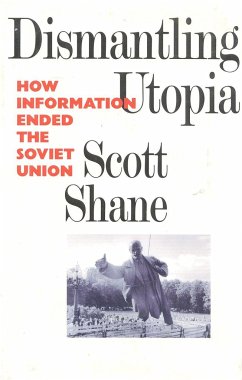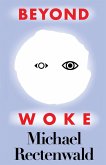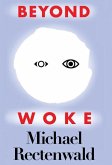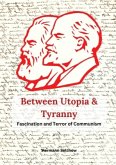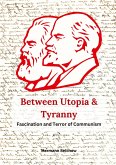By the 1980s the Soviet Union had matched the United States in military might and far surpassed it in the production of steel, timber, concrete, and oil. But the electronic whirlwind that was transforming the global economy had been locked out by Communist leaders. Heirs to an old Russian tradition of censorship, they had banned photocopiers, prohibited accurate maps and controlled word-for-word even the scripts of stand-up comedians. Hoping to "renew socialism" and save a Communist system in decay, Mikhail Gorbachev came to power determined to lift restrictions on the control of communications and information. What happened next is the subject of Scott Shane's brilliant account in Dismantling Utopia. On the scene in Moscow as correspondent for the Baltimore Sun, he witnessed firsthand how Gorbachev experiment produced a revolution that proved fatal to his party, his government, and his own political career. Shane's compellingly readable story is filled with memorable characters, revealing vignettes, and striking statistics. Gorbachev scarcely anticipated the information revolution "that between 1987 and 1991 swept across Soviet existence, touching every nook of daily life, battering hoary myths and lies, and ultimately eroding the foundations of Soviet power", Shane writes, "Information, the forbidden fruit, was around every corner, on everyone's mind - the young woman on the Metro with her copy of the journal Nory Mir bent open to the latest installment of Solzhenitsyn's Gulag Archipelago; scores of Muscovites elbowing one another to get a glimpse of the latest copy of Moscow News, pinned behind glass each Wednesday night at Pushkin Square; friends hustling you into their apartmentdirect to the TV to catch the latest sensation". Moving from television studios to KGB offices, from comedy concerts to street demonstrations, Shane explores the profound consequences of Gorbachev's initiative. As newspapers, television, books, films, and videotapes flooded the country with information about the Stalinist past, the Communist present, and life in the rest of the world, the Soviet system was driven to ruin. Shane's uncommon perspective also places one of the century's momentous events in larger context: the universal struggle of governments to keep information from the people, and the irresistible power of technology over history.
Hinweis: Dieser Artikel kann nur an eine deutsche Lieferadresse ausgeliefert werden.
Hinweis: Dieser Artikel kann nur an eine deutsche Lieferadresse ausgeliefert werden.

